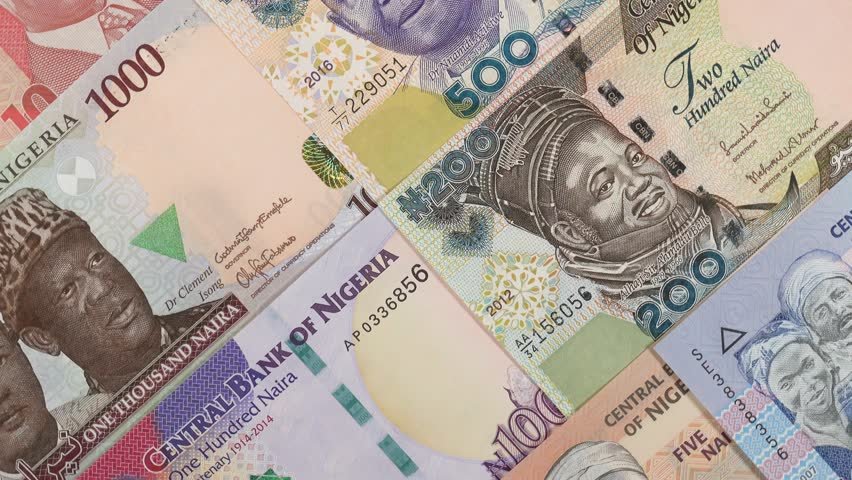Back to: ECONOMICS SS2
Welcome to class!
In today’s class, we will be talking about money. Enjoy the class!
Money

Definition of money
Money is anything that is generally accepted as a medium of exchange and in the settlement of debts. Money can also be said to be anything that is generally accepted as a means of payment.
Qualities or characteristics of money
- General Acceptability: Money must be generally acceptable by all in the society or country as a means of exchange. This shows the confidence people have in money.
- Portability: The object that serves as money must be something that can easily be carried about from one place to another, which means such an object has to be light in weight.
- Relative Scarcity: Money must be relatively scarce, that is, it must not be too many so as not to lose its value.
- Homogeneity: Each unit of money must be same in size, colour and quality and be the same nationwide.
- Durability: The object that will serve as money must be able to last long, it must not be a perishable commodity, it must be able to stand the test of time.
- Stability: The value of money must be stable. The stability of its value will help the business environment to be predictable and encourage lending and borrowing of money.
- Divisibility: Money must be capable of being divided into smaller units, e.g. ₦100, ₦50, ₦20 etc., to enable it to purchase both high and low priced commodities.
- Recognisability: Money must be easily recognized and identified by the totality of the people in the society. It must not be easily counterfeited.
- No Intrinsic Value: The commodity that should serve as money must have little or no value in itself as opposed to its value of the exchange.

Functions of money
Money performs the following functions:
- Medium of Exchange: Money can serve as a medium through which money can exchange goods and services. Money can be used to buy different varieties of goods and services. This facilitates the means of exchange. It came into use as a result of the inadequacies of the barter system. Money is therefore widely accepted as payment for debts.
- Standard of Deferred Payment: Since money can be stored, it can be accumulated to pay debts that are fixed in terms of money. Money can serve as a medium by which business transactions on credit can be settled in the future. The use of money makes it possible for payments to be deferred from the present to some future date.
- Unit of Account: In serving as a unit of account, it becomes practically possible for individuals and companies to keep an accounting record of their transactions in bank statements, ledgers and invoices.
- Store of Value: Money is a good store of value because wealth can be stored for future use. When there is no inflation, money stored or saved retains its value for many years.
- As a Measure of Value: The values of goods and services are expressed by prices, therefore money is used as a yardstick to measure and compare the worth of goods and services as well as occupation.
In our next class, we will be talking about Cost Concept. We hope you enjoyed the class.
Should you have any further question, feel free to ask in the comment section below and trust us to respond as soon as possible.

Thanks, that’s exactly what i needed😄😄😄
Thanks, that’s exactly what i needed 😄😄😄
it good.